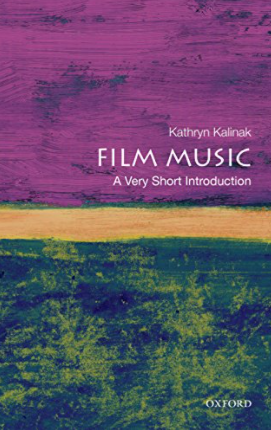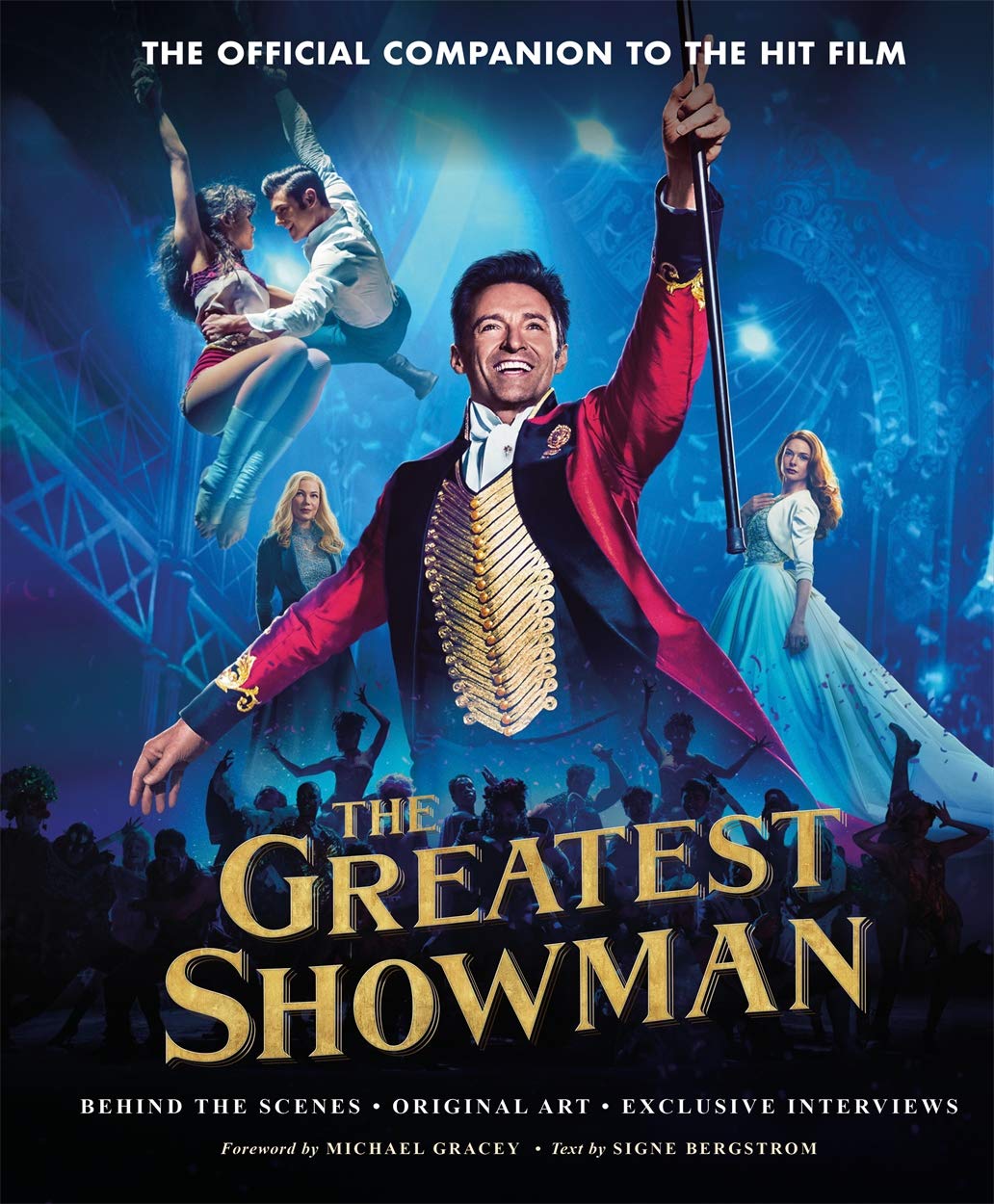
As part of our research we were asked to read page 20 of Kathryn Kalinak’s ‘Film Music: A Very Short Introduction’ and make notes on things that film music may do.
So, what does film music do?
- It can “establish setting” and also set the atmosphere/mood for the rest of the film. An example of this is the opening scene of ‘Shaun of the Dead’ by Edgar Wright. The music within the opening scene establishes the films key themes and characters; it is very repetitive and simple, which is the theme of Shaun’s life throughout the film.
- Film music may “reinforce or foreshadow narrative developments and contribute to the way we respond to them”. For example, in horror films, the music builds up and becomes more and more eerie, so the audience become aware that something scary is about to happen which makes them tense.
- Sometimes it will “contribute to the creation of emotions” such as fear or excitement. Images on screen in addition to the music played alongside them, can often evoke emotion within the audience, and control their feelings about what they are seeing on screen.
- “Film music can unify a series of images that might seem disconnected on their own and impart a rhythm to their unfolding.” For example, in montage editing music can create a theme and meaning behind the series of images.
- It can “elucidate characters’ emotions” like when a sad scene is displayed, a ‘sad’ song usually follows to clarify the protagonists emotions.
What can film music do?
- Music is there to serve everything else, by adding something extra to on screen images.
- It can push/heighten emotion.
- Sometimes, the music used may counterpoint what is happening on screen.
- Changing the BPM of the music can add momentum and change the mood/feel of the scene.
- Certain sounds etc. can be used in association of a particular character or situation. The term, used for this is ‘Leitmotif’
•How many films did Morricone score?
Between 450 and 500.
•How many scores a month did he write?
1.
•What was unusual about his films scores?
He is associated with many genres, apart from just one.
•Why does he hate the term ‘Spaghetti Westerns’?
He thinks it is a “huge put down” for him as a composer.
•What do his melodies sound like?
“Densely embroidered yet very pure”.
•Who was one of his biggest influences?
Bach.

•What’s your favourite film?
The Greatest Showman.
•Who composed the score?
Joseph Trapanese, John Debney, Benj Pasek and Justin Paul
•What other films did they score?
Trapanese – Tron: Legacy, What Happens in Vegas, Straight Outta Compton.
Debney – I Know What You Did Last Summer, Spy Kids, Elf, Chicken Little.
Pasek and Paul – James and the Giant Peach, A Christmas Story, Dear Evan Hansen.
•Did they win any awards?
Trapanese – “In 2015, Joseph won the Black Reel Award for Outstanding Score for the film Straight Outta Compton.”
Debney – Won 3 Emmy Awards in 1991, 1994 and 1997.
Pasek and Paul – The duo have won 15 awards. Including a Golden Globe Award for best original song, and a Grammy for best musical theatre album.
•What is your favourite part about the music?
I like that the music includes a lot of brass instruments, and it creates a very lively/uplifting atmosphere.